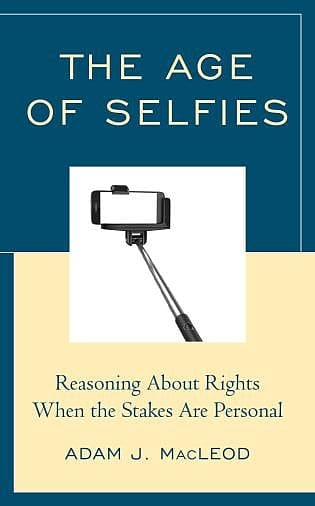Reintroducing Selfie Nation To Truth

The Age of Selfies: Reasoning About Rights When the Stakes Are Personal
By Adam J. MacLeod
Rowman & Littlefield Publishers
168 pages
We live in an age of ideological civil war. And as in most wars, both sides think that the outcome is vital for our nation. The differences between the worldviews of the left and right, secular and Christian, and socialist and capitalist are broad and stark. Worst of all, opposing sides in these struggles ascribe evil intentions to their opponents. Our arguments are good and just; the other side's beliefs are unfair and even wicked. Even worse, if one holds an opposing view, one is seen as hateful, bigoted, and shameful. Compromise appears impossible. The result is a toxic and broken culture which threatens the very body politic of America.
